Plants That Will Make Your Hydrangeas Look Even Better
Plants That Will Make Your Hydrangeas Look Even Better
Hydrangeas are beautiful flowering shrubs that can add a touch of elegance to any garden. But did you know that there are certain plants that can make your hydrangeas look even better?
In this blog post, we will discuss some of the best companion plants for hydrangeas. These plants will help to enhance the hydrangeas' blooms, provide them with support, and deter pests and diseases.
So, without further ado, let's get started!
1. Azaleas and Rhododendrons
Azaleas and rhododendrons are two of the best companion plants for hydrangeas. They have similar growing conditions and can thrive in the same type of soil. Both plants also prefer partial shade, so they will complement each other nicely in the garden.
In addition, azaleas and rhododendrons can help to attract pollinators to your garden, which will help to keep your hydrangeas healthy and productive.
2. Ferns
Ferns are another great choice for companion plants for hydrangeas. They add a touch of elegance and texture to the garden, and they can help to suppress weeds. Ferns also prefer partial shade, so they will be happy growing in the same conditions as your hydrangeas.
3. Hostas
Hostas are another popular choice for companion plants for hydrangeas. They come in a variety of colors and sizes, so you can find the perfect one to complement your hydrangeas. Hostas also prefer partial shade, and they can help to suppress weeds.
4. Japanese Forest Grass
Japanese forest grass is a beautiful ornamental grass that can add a touch of movement and interest to your garden. It is also relatively low-maintenance, making it a great choice for busy gardeners. Japanese forest grass prefers partial shade, so it will be happy growing in the same conditions as your hydrangeas.
5. Perennial Geraniums
Perennial geraniums are colorful flowers that can add a pop of color to your garden. They are also relatively easy to care for, making them a great choice for beginner gardeners. Perennial geraniums prefer full sun, but they can tolerate partial shade.
6. Coral Bells
Coral bells are another great choice for companion plants for hydrangeas. They come in a variety of colors, and they can add a touch of brightness to the garden. Coral bells prefer partial shade, and they are relatively low-maintenance.
7. Lamb's Ear
Lamb's ear is a hardy plant that can add a touch of texture and interest to your garden. It is also relatively drought-tolerant, making it a great choice for gardens in hot, dry climates. Lamb's ear prefers full sun, but it can tolerate partial shade.
8. Nepeta
Nepeta, also known as catmint, is a fragrant plant that can attract pollinators to your garden. It is also relatively low-maintenance and can tolerate a variety of soil conditions. Nepeta prefers full sun, but it can tolerate partial shade.
9. Perennial Geranium
Perennial geraniums are colorful flowers that can add a pop of color to your garden. They are also relatively easy to care for, making them a great choice for beginner gardeners. Perennial geraniums prefer full sun, but they can tolerate partial shade.
10. Rhododendron
Rhododendrons are another great choice for companion plants for hydrangeas. They have similar growing conditions and can thrive in the same type of soil. Both plants also prefer partial shade, so they will complement each other nicely in the garden.
In addition to these plants, there are many other great companion plants for hydrangeas. When choosing companion plants, it is important to consider the hydrangeas' growing conditions and the desired effect. By choosing the right companion plants, you can help to create a beautiful and harmonious garden.
Hydrangeas are beautiful flowers that can add a touch of elegance to any garden. But did you know that there are certain plants that pair well with hydrangeas? These companion plants can help to create a more visually appealing and harmonious garden.
Some of the best companion plants for hydrangeas include:
- Hostas: These shade-loving plants have large, colorful leaves that can help to hide the hydrangea's pale flower spikes. Gardenia Inspiration
- Ferns: Ferns add a delicate touch to any garden, and they also like the same conditions as hydrangeas, such as moist, well-drained soil and partial shade.
- Azaleas: These shrubs are known for their vibrant blooms, and they can add a pop of color to your garden. Azaleas and hydrangeas also have similar soil requirements, so they can be planted together without any problems.
- Rhododendrons: Like azaleas, rhododendrons are also acid-loving shrubs that can thrive in the same conditions as hydrangeas. They come in a variety of colors, so you can choose the perfect ones to complement your hydrangeas.
- Coral bells: These perennials have bell-shaped flowers that come in a variety of colors, including pink, red, and white. They are low-maintenance and easy to grow, making them a great choice for companion plants for hydrangeas.
If you are looking for more information about plants that pair well with hydrangeas, I recommend visiting Gardenia Inspiration. This website has a comprehensive list of companion plants, as well as tips on how to choose the right plants for your garden.
FAQ of plants that pair well with hydrangeas
- What are some good companion plants for hydrangeas?
Some of the best companion plants for hydrangeas include:
- Hostas: Hostas are shade-loving perennials with large, glossy leaves that come in a variety of colors. They complement hydrangeas well by providing a contrasting texture and color.
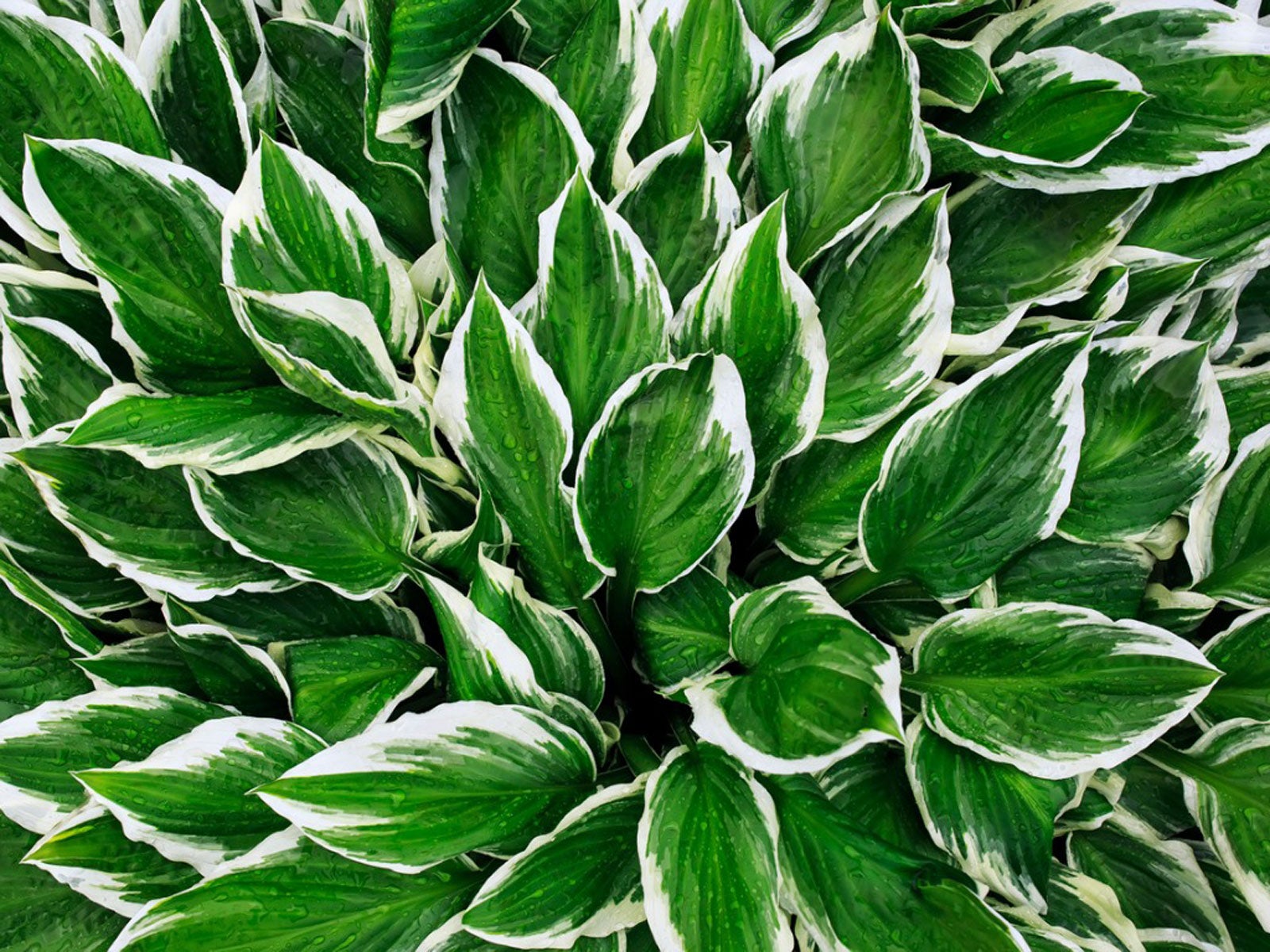
- Azaleas: Azaleas are another type of shade-loving plant that is known for its beautiful blooms. They can be planted in front of hydrangeas to create a cascading effect, or they can be planted intermingled with hydrangeas to create a more lush and colorful display.
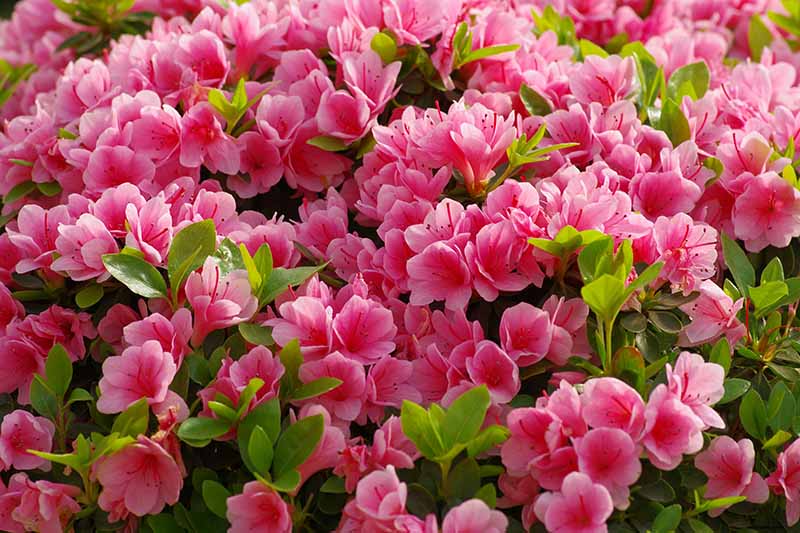
- Ferns: Ferns are a classic companion plant for hydrangeas. They add a delicate and airy touch to a garden, and they can tolerate the same shady conditions as hydrangeas.
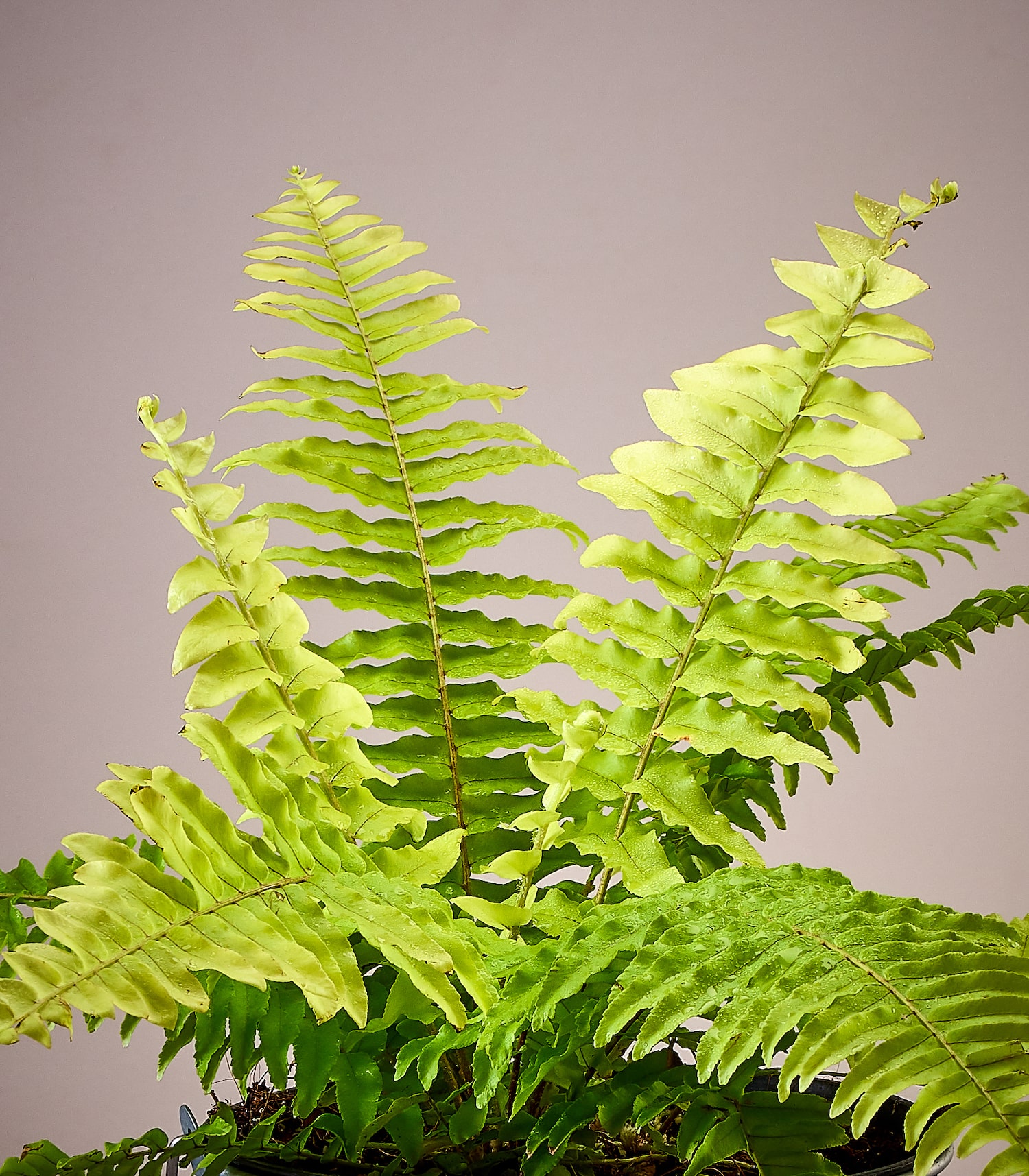
- Daylilies: Daylilies are a type of perennial that blooms for a long period of time, from early summer to fall. They come in a variety of colors, so you can choose ones that complement the color of your hydrangeas.
- Gardenias: Gardenias are a type of shrub that is known for its sweet-smelling flowers. They can be planted in front of hydrangeas to create a fragrant display, or they can be planted intermingled with hydrangeas to add a touch of elegance to your garden.
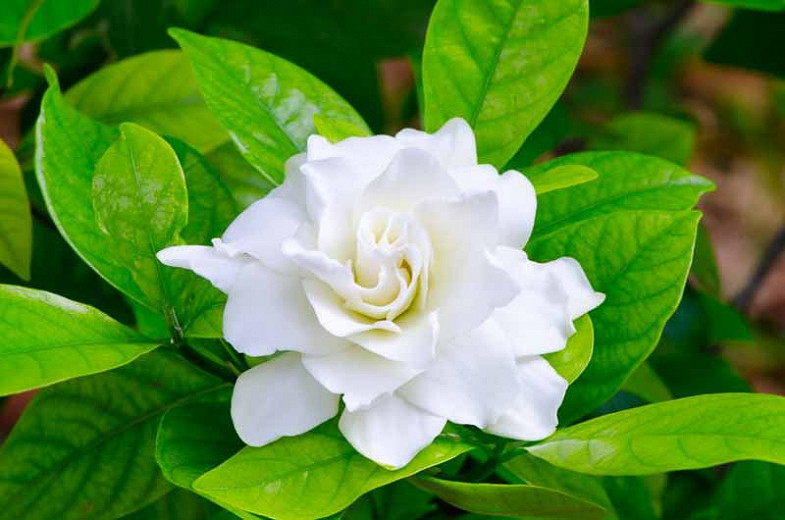
- What are the benefits of planting companion plants with hydrangeas?
There are several benefits to planting companion plants with hydrangeas. First, companion plants can help to deter pests and diseases. For example, azaleas and gardenias produce chemicals that can help to repel insects. Second, companion plants can help to improve the soil quality. For example, hostas and ferns help to add organic matter to the soil, which can help to improve drainage and nutrient availability. Third, companion plants can help to extend the flowering season of hydrangeas. For example, daylilies can bloom for several months, which can help to fill in the gaps between hydrangea blooms.
- How close should companion plants be planted to hydrangeas?
The distance at which companion plants should be planted to hydrangeas depends on the size of the plants. For example, small companion plants such as hostas can be planted as close as 12 inches to hydrangeas. Larger companion plants such as azaleas and gardenias should be planted at least 3 feet away from hydrangeas.
- What are some plants that should not be planted with hydrangeas?
There are a few plants that should not be planted with hydrangeas. These include:
- Trees: Trees can cast too much shade on hydrangeas, which can prevent them from blooming.
- Cabbage family plants: Cabbage family plants, such as broccoli and cabbage, can attract pests that can also damage hydrangeas.

- Nitrogen-fixing plants: Nitrogen-fixing plants, such as beans and peas, can compete with hydrangeas for nutrients.
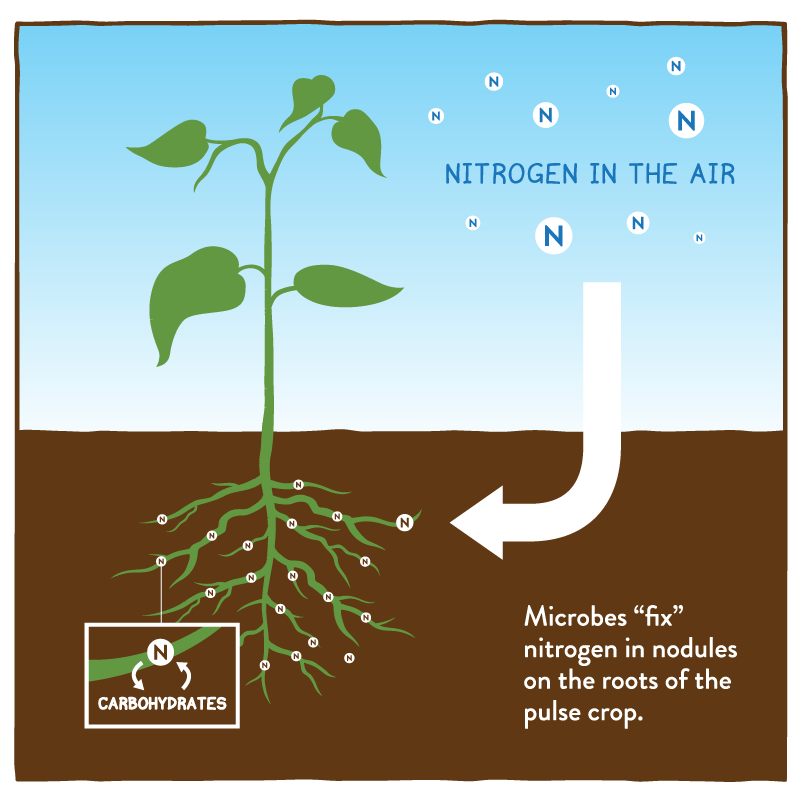
- What are some tips for planting companion plants with hydrangeas?
When planting companion plants with hydrangeas, it is important to consider the following tips:
- Choose companion plants that have similar water and sunlight requirements.
- Plant companion plants that are compatible with the soil type in your garden.
- Plant companion plants that will complement the size and color of your hydrangeas.
- Space companion plants appropriately, according to their mature size.
- Water and fertilize companion plants regularly, as needed.
Image of plants that pair well with hydrangeas
- Hostas: These shade-loving perennials have large, bold leaves that come in a variety of colors, from green to chartreuse to purple. They provide a great contrast to the delicate flowers of hydrangeas.

- Ferns: Ferns are another great choice for companion plants for hydrangeas. They add a touch of elegance and texture to the garden, and they also help to keep the soil moist, which is important for hydrangeas.

- Astilbe: Astilbe is a flowering perennial that blooms in shades of pink, white, and red. It prefers moist, shady conditions, making it a good match for hydrangeas.

- Coral bells: Coral bells are another shade-loving perennial that blooms in shades of pink, red, and white. They have small, bell-shaped flowers that look like miniature hydrangeas.

- Foxglove: Foxglove is a biennial that blooms in tall spikes of purple, pink, or white flowers. It prefers full sun, but it can also tolerate partial shade.
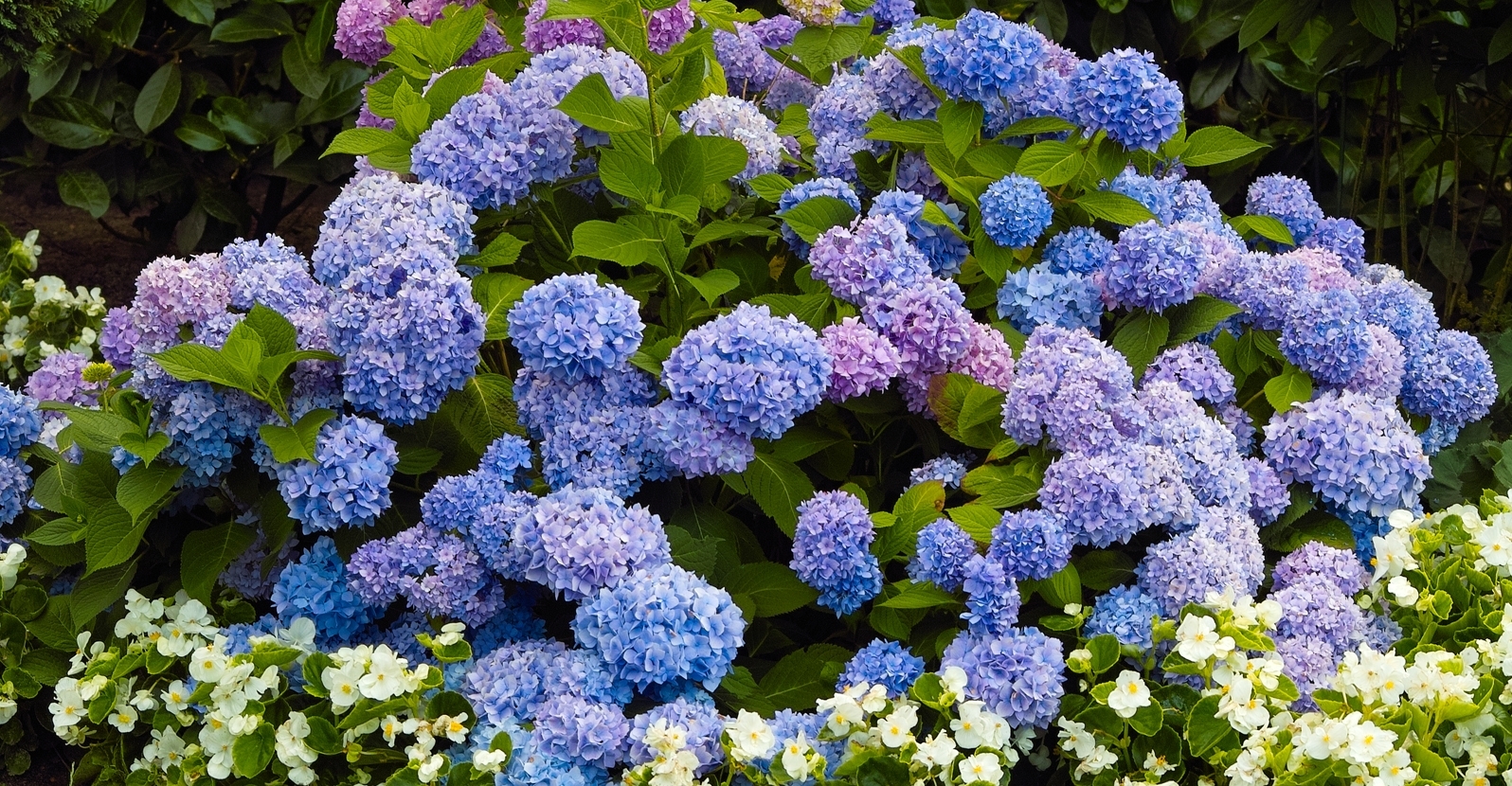
Post a Comment for " Plants That Will Make Your Hydrangeas Look Even Better"